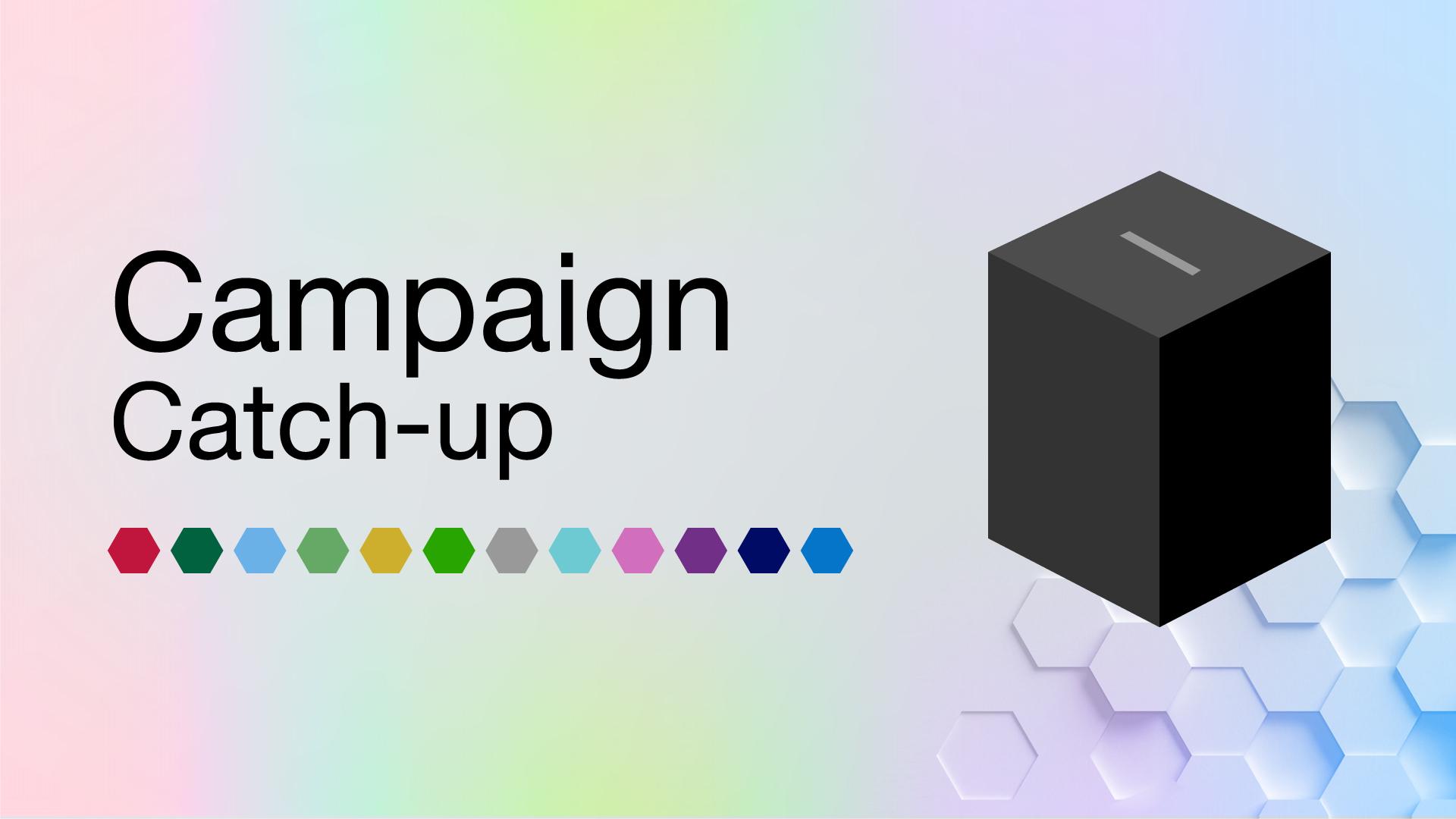NI assembly election: If you're not in, you can't win
- Published
Deadline day for election contestants
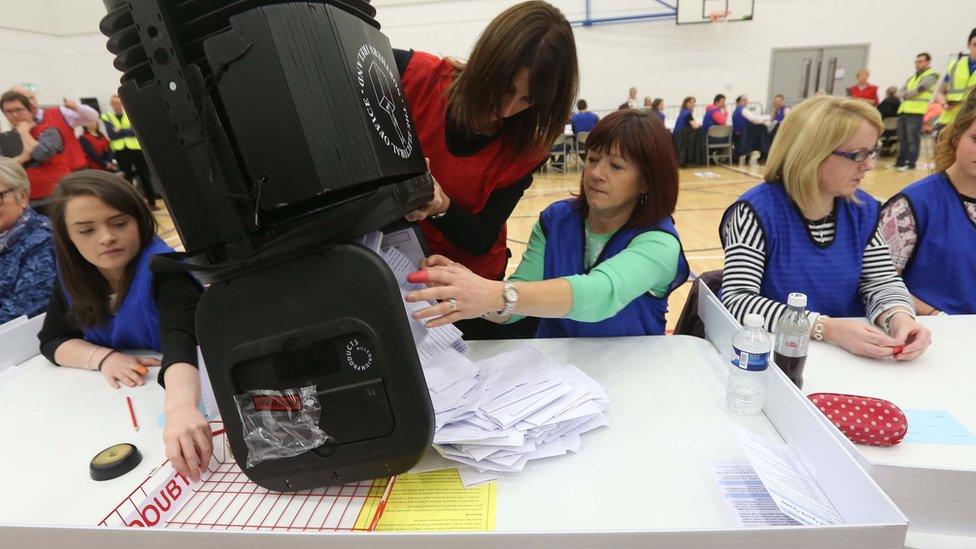
The cut in the number of assembly seats has had an effect on the number of candidates the parties are putting forward
If your name isn't in, you won't have a chance to win, because nominations for candidates for the assembly election closed at 13:00 on Wednesday.
A total of 228 people have put themselves at the mercy of the voters, and will battle it out for 90 seats split across 18 constituencies.
Many eyes will be on the number of female candidates put forward by the parties, and a total of 70 are set to stand, which marks a 4% rise on last year's proportion.
There were 276 candidates running in the 2016 assembly poll, which was a significant increase on the 218 who stood in the 2011 election.
But directly contrasting those numbers with the figures this year would be like comparing apples and oranges, for a number of factors.
Firstly, the cut in the number of assembly seats from 108 to 90 in this election will have had an effect on the amount of candidates the parties feel it is worthwhile to stand.
And the short notice at which the election was called means parties have had much less time to organise and raise funding than they would for a poll during the typical five-year election cycle.
That will have been a particular challenge for smaller parties and independents, and five parties that stood last time round will be absent from this year's ballot papers.
The reasons mentioned will go some way to explaining why each of the larger parties have cut their overall numbers of candidates.
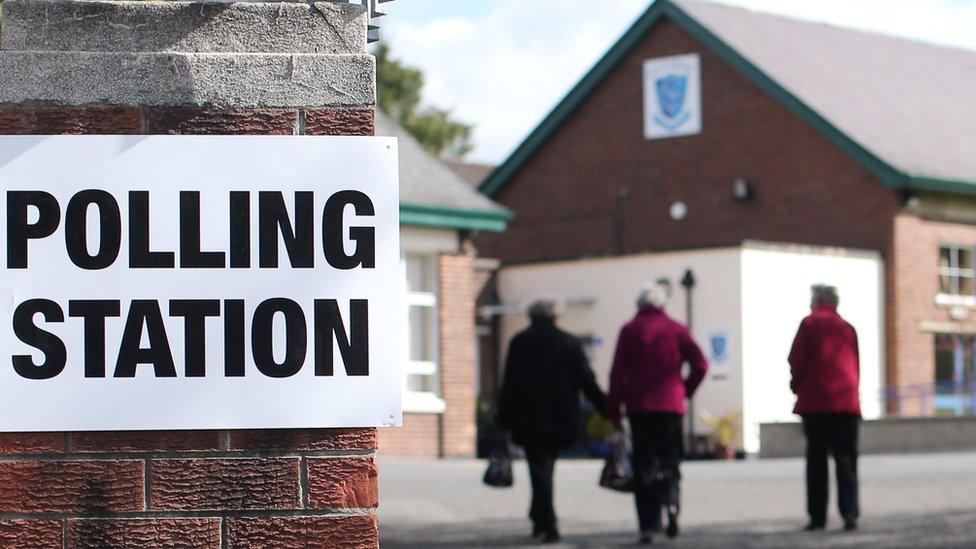
The percentage of women standing for election has increased on last year's figure
The Democratic Unionist Party drops by six to 38 and Sinn Féin goes from 39 to 34.
The Ulster Unionists opt for nine fewer runners with 24, the Social Democratic and Labour Party cuts three to run 21 candidates and the Alliance Party has a reduction of two to 21.
But looking at the figures a different way, each of those parties has actually increased their proportion of candidates to seats by about a couple of percent.
The Green Party continues to run a candidate in every constituency.
The UK Independence Party sees the largest fall in candidate numbers, with just a single name on the papers this year after running 13 in 2016.
The Progressive Unionist Party drops from six to three this year, while the Citizens Independent Social Thought Alliance, which ran last year as Cannabis Is Safer Than Alcohol, drops one candidate and now runs four.
But People Before Profit are looking to capitalise on their success last year, and have expanded their number from three to seven, while the Traditional Unionist Voice, the Conservative Party, the Workers Party and the Cross Community Labour Alternative all increase their offerings by one, to 14, 13, five and four respectively.
Rounding off the list are the 22 independents, one fewer than last year's number.
You can find a full breakdown of candidates by constituency at the Electoral Office for Northern Ireland website, external.

Fervent hope of executive resolution
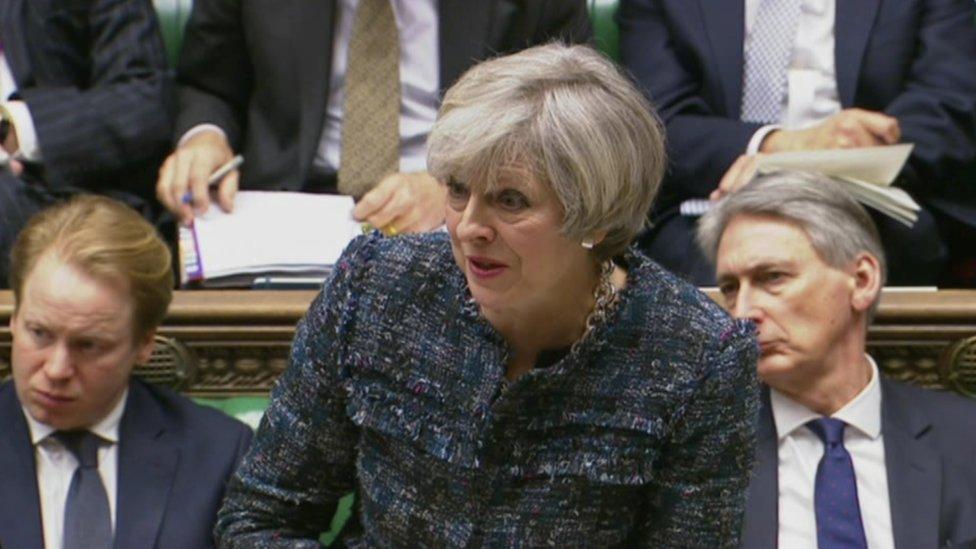
Theresa May has said she "fervently" hopes that agreement will be reached between the political parties after the election to form an executive.
The prime minister also said the government would do "whatever is necessary" to implement recommendations from the Historical Institutional Abuse (HIA) inquiry report will be acted on.
She was responding to a question from Ulster Unionist MP Tom Elliott in the House of Commons, who asked if the report's recommendations would be implemented if an executive is put together.
Mrs May said she would ensure the findings of the HIA report "are taken into account and acted upon".
"I don't want to see the benefits that have come of progress being undone," she added.

Still making your mind up?
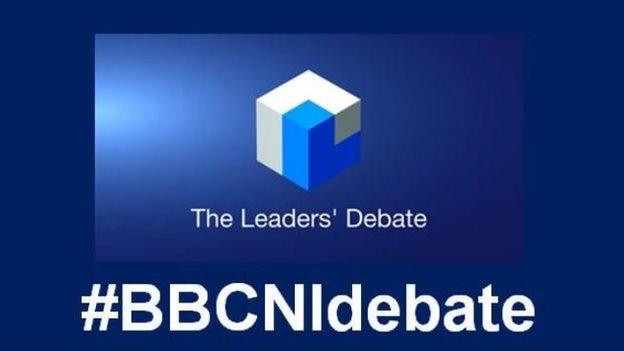
Not sure yet who'll get your first preference vote? The BBC is looking for you.
The Leaders' Debate will feature the five main political parties later this month, and you could be in the audience.
Noel Thompson will chair the event, which will be broadcast on 28 February, just a couple of days before voters go to the polls.
To apply to be there, drop an email to leadersdebate@bbc.co.uk.

BBC News NI's Campaign Catch-up will keep you across the Northern Ireland Assembly election trail with a daily dose of the main stories, the minor ones and the lighter moments in the run up to polling day on Thursday 2 March.
Hear more on BBC Radio Ulster's Good Morning Ulster at 07:40 GMT and on BBC Radio Ulster's Evening Extra at 17:40 GMT each weekday.
- Published7 February 2017
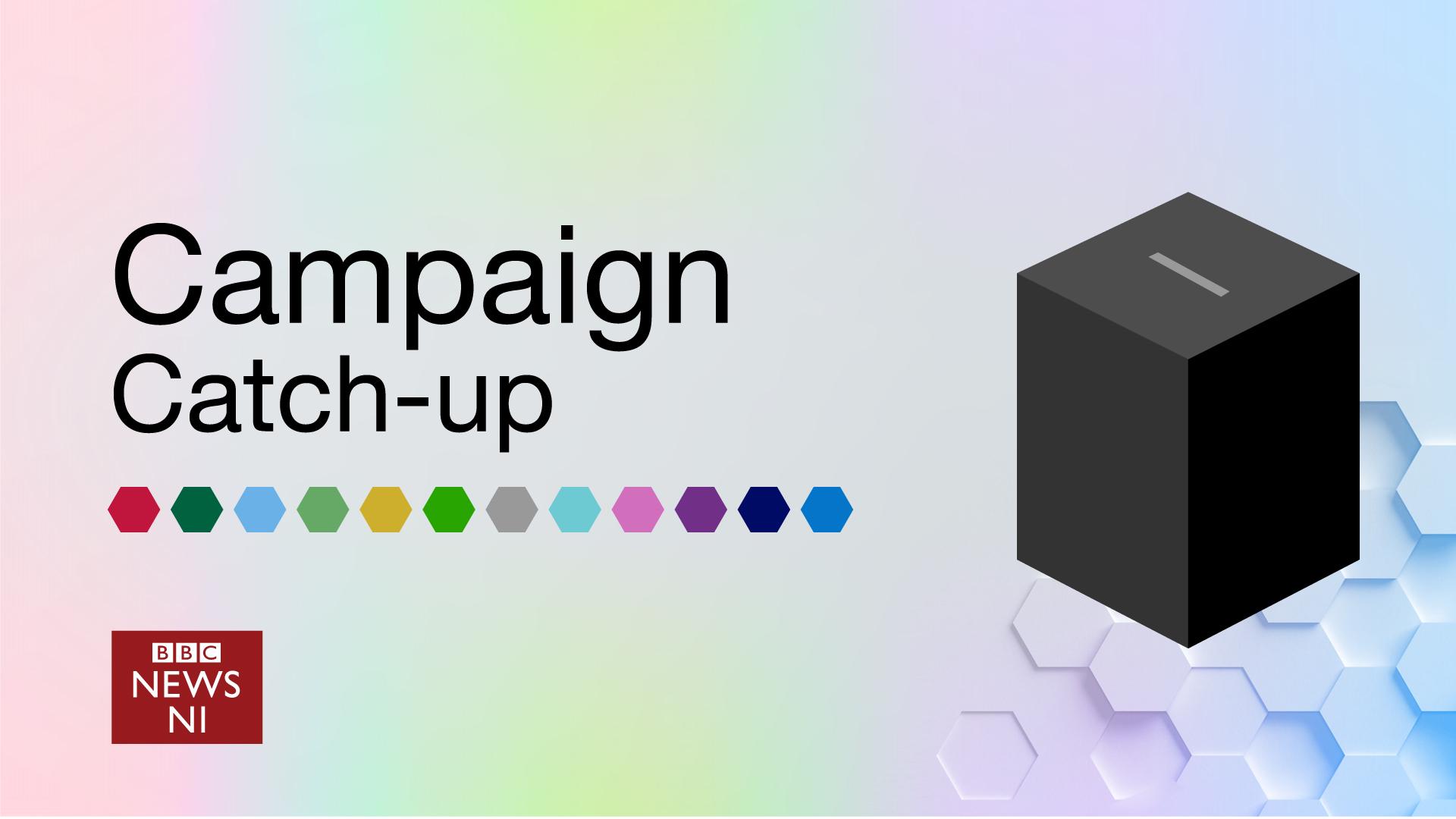
- Published6 February 2017
